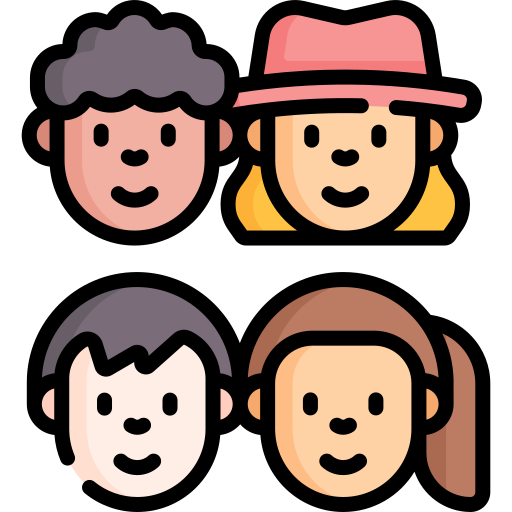 Survival Korean
Survival Korean
Special | A | B | C | D | E | F | G | H | I | J | K | L | M | N | O | P | Q | R | S | T | U | V | W | X | Y | Z | ALL
사 |
|---|
사촌
Definition사촌 is the Korean word referring to one's cousins (i.e., your uncles/aunts' children). | |
삼 |
|---|
성 |
|---|
성격
Definition성격 is the Korean word that means "personality" refering to the more intrinsic traits of a person. | |
소 |
|---|
소심하다
Definition소심하다 is the Korean adjective meaning "to be timid". You will commonly see and hear it as 소심해 or 소심해요. | |
숙 |
|---|
숙모
Definition숙모 is the Korean word generically referring to one's aunt (i.e., your father or mother's sister). | |
시 |
|---|
시아버지
Definition시아버지 is the Korean term referring to one's father-in-law, however, it specifically refers to the husband's father. By contrast, the wife's father is referred to as 장인. | |
시어머니 | |
쌍 |
|---|
쌍둥이
Definition쌍둥이 is the Korean word referring to twins. It can be used to describe your own children, the children of otheres, your friends, or even yourself! It can be used to generically to refer to all twins (including identical and fraternal). | |
아 |
|---|
아니다
Definition아니다 is the Korean verb meaning "to not be" (yes, it is a separate verb rather than having the word "not" placed in front of 이다). It is used to link a subject with a predicate (also called a copula in Linguistics) but with negation built in to the meaning. Based on setting and speech register, you will it appear in numerous forms but the three most common are listed below:
You will use 아니에요 for the vast majority of your communication in Korean. | |
아들
Definition아들 is the Korean word meaning one's son. | |





